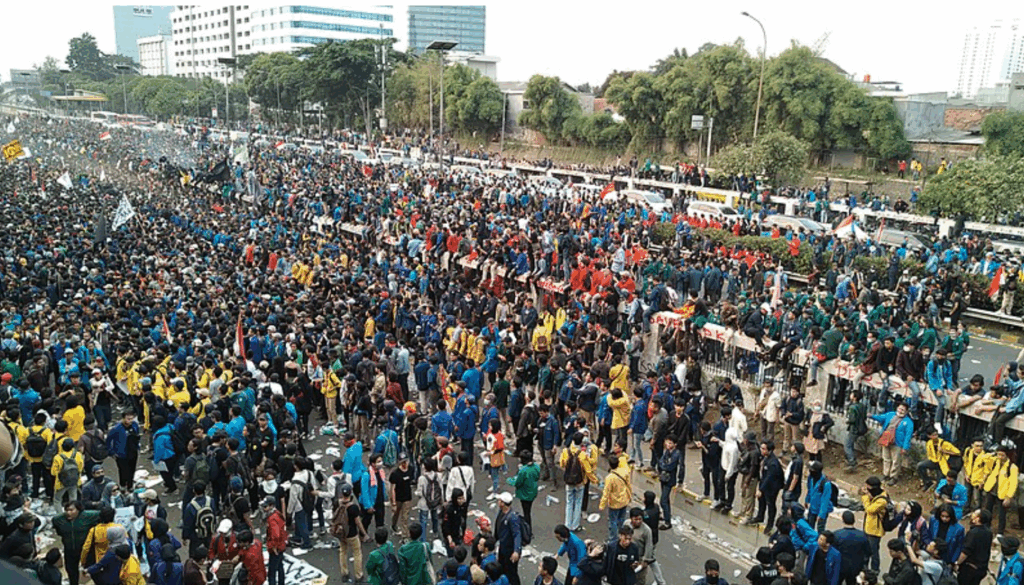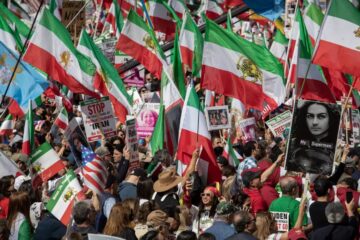
It is April 2025, and there are rising tensions amongst journalists and the Indonesian government and military. Intimidation, violence, and suppression are engulfing Indonesia’s media community, raising grave concerns among human rights advocates and journalists about the future of press freedom in Southeast Asia’s largest democracy. According to Alliance of Independent Journalists (AJI) secretary-general Bayu Wardhana, press freedom and journalist safety in the country this year have reached a “concerning” level.
In just the first few months of 2024, there were 38 reported cases of violence against journalists, which is more than half of the 73 reported incidents in the year prior. This distressing pattern of abuse towards journalists across Indonesia has raised significant concerns amongst the global community and Human Rights Watch. The hatred and violence towards these journalists span from brutal beatings during protest coverage to receiving grotesque threats, such as pig heads and decapitated rats. Journalists and other media workers are being systematically targeted, often due to speaking out about the neglect and shortcomings of the government. Specifically, many of the attacks seem to be in acts of retaliation stemming from critical media coverage of controversial amendments to Indonesia’s Armed Forces Law, such as changes that expand military influence in governance while stripping away key legal safeguards.
The prominent outlet Tempo, which has long been a thorn in the side of those in power, has become a primary target. Journalists affiliated with the outlet have reported being doxxed and stalked, and some have been forced to install surveillance systems in their homes to monitor potential assailants. Human Rights Watch has condemned this surge of violence, warning that it seriously harms the democratic values and morals of Indonesia. Despite Tempo reporting attacks to the Jakarta Police, no substantive progress has been made. Oftentimes, law enforcement argues that there is insufficient evidence to pursue real investigations, which many see as a forceful failure to protect journalists. Police officers were found to be the leading perpetrators of violence against journalists in 2024, responsible for 19 incidents. One was a fatal arson attack that killed journalist Rico Sempurna Pasaribu in North Sumatra, who had received threats following the coverage of a gambling ring in the regency that was allegedly tied to the local military.
At the same time, some reports suggest that the military personnel themselves have been directly implicated in some attacks, further creating tensions and confusion. “President Prabowo should recognize that attacks on journalists and other media figures will undercut the press freedoms crucial to the government’s own goals of economic growth and social justice,” said Meenakshi Ganguly, deputy Asia director at Human Rights Watch. “Citizens must be able to express views freely without fear of retaliation.”
As the world marked World Press Freedom Day (WPFD) this May, Indonesian journalists had little to celebrate. Instead, many face a sobering reality: doing their job has never been more dangerous. The Indonesian government has yet to respond with decisive action. Rights groups continue to urge immediate protections for journalists and accountability for those responsible for the violence. But until meaningful change is enacted, the threat of repression will continue to hang over the country, with the consequences falling on a silenced press and an uninformed public.
Edited by Callixte Baron and Norah Nehme.




